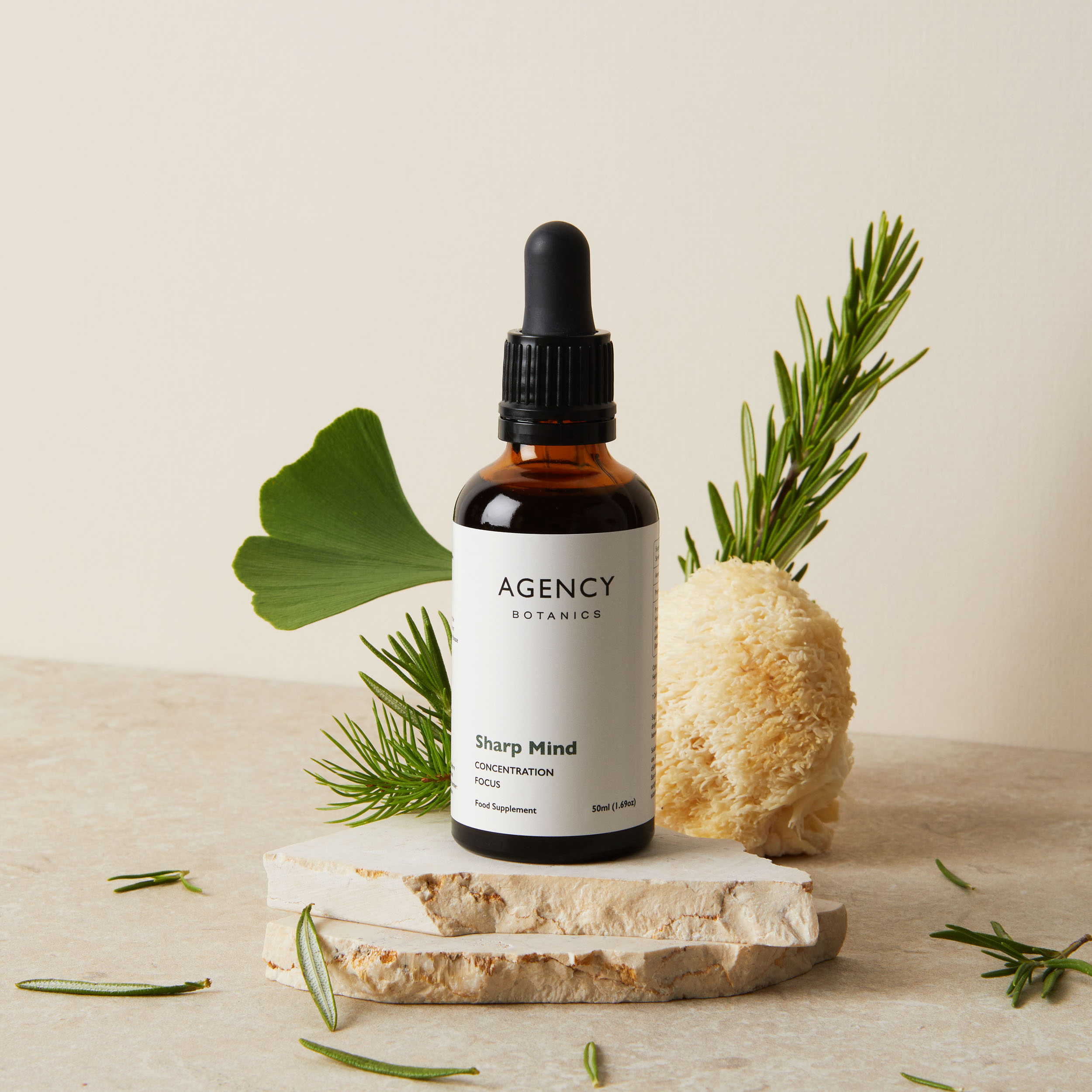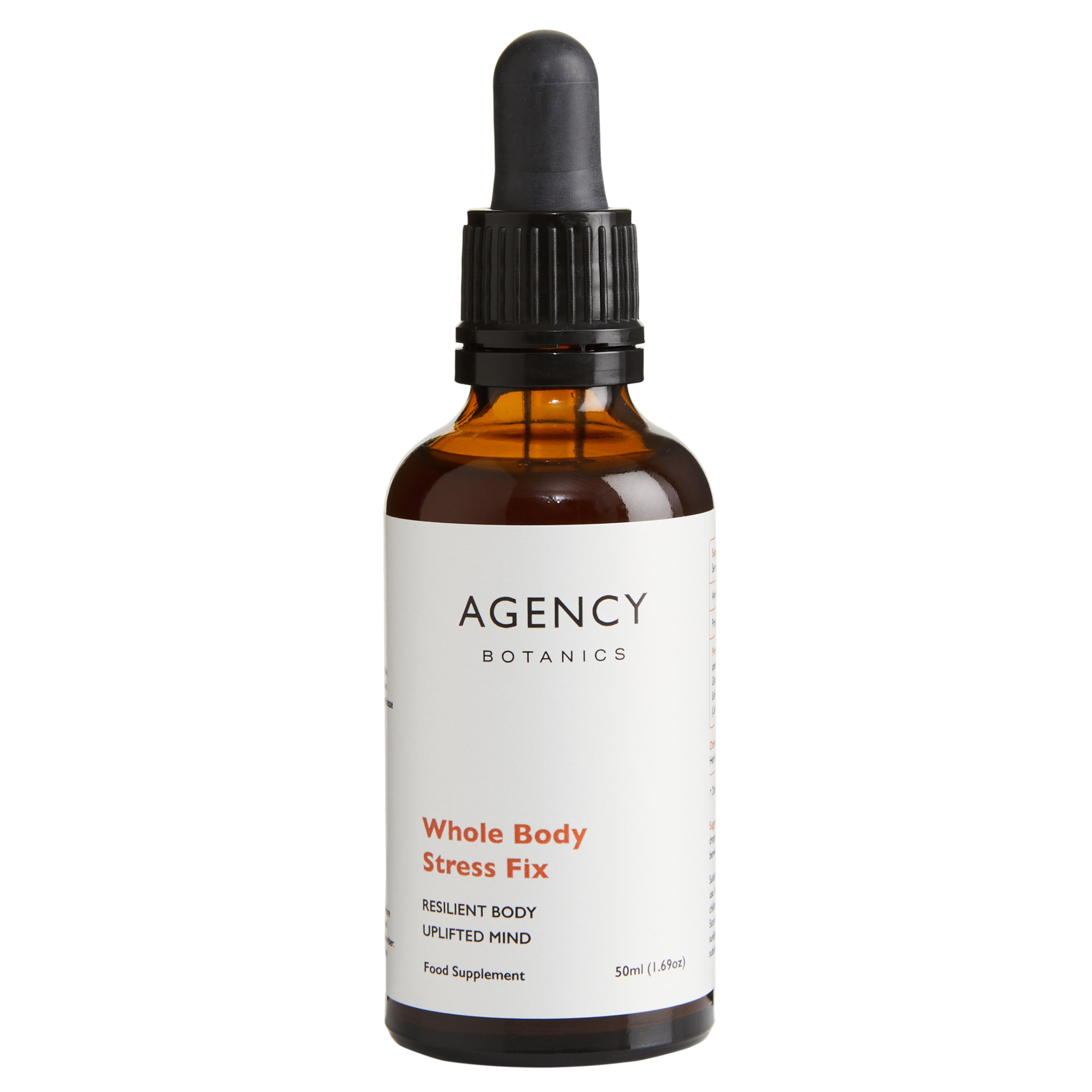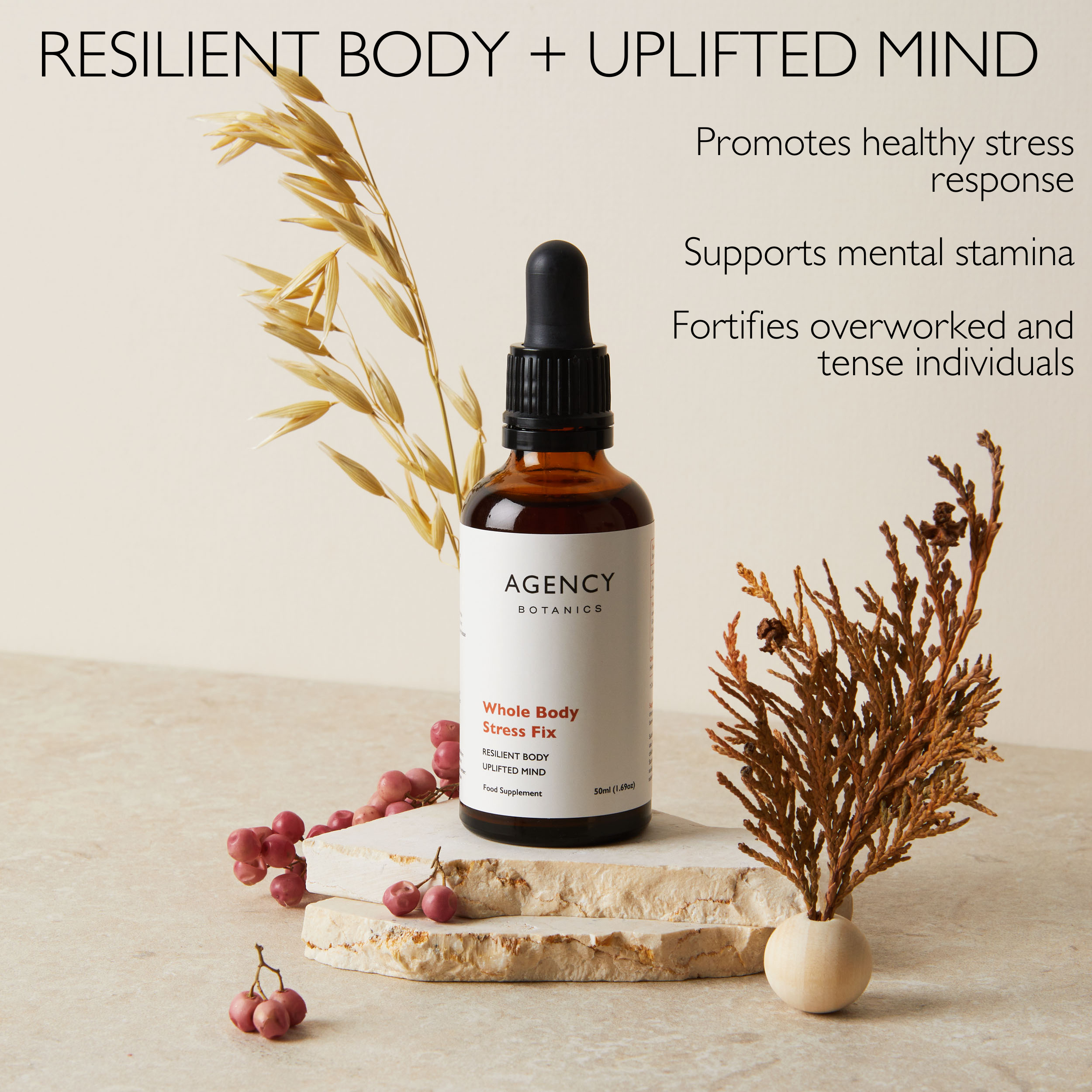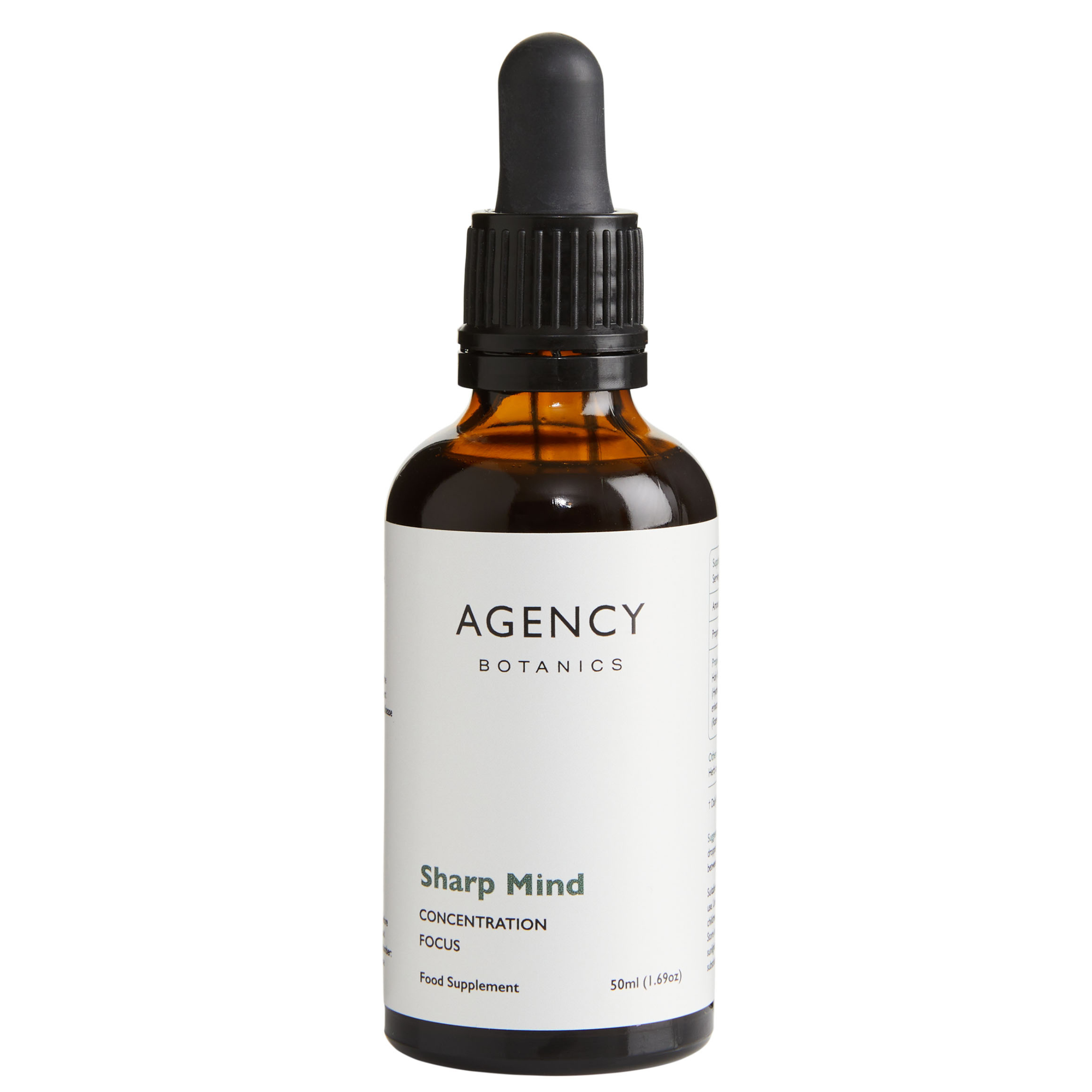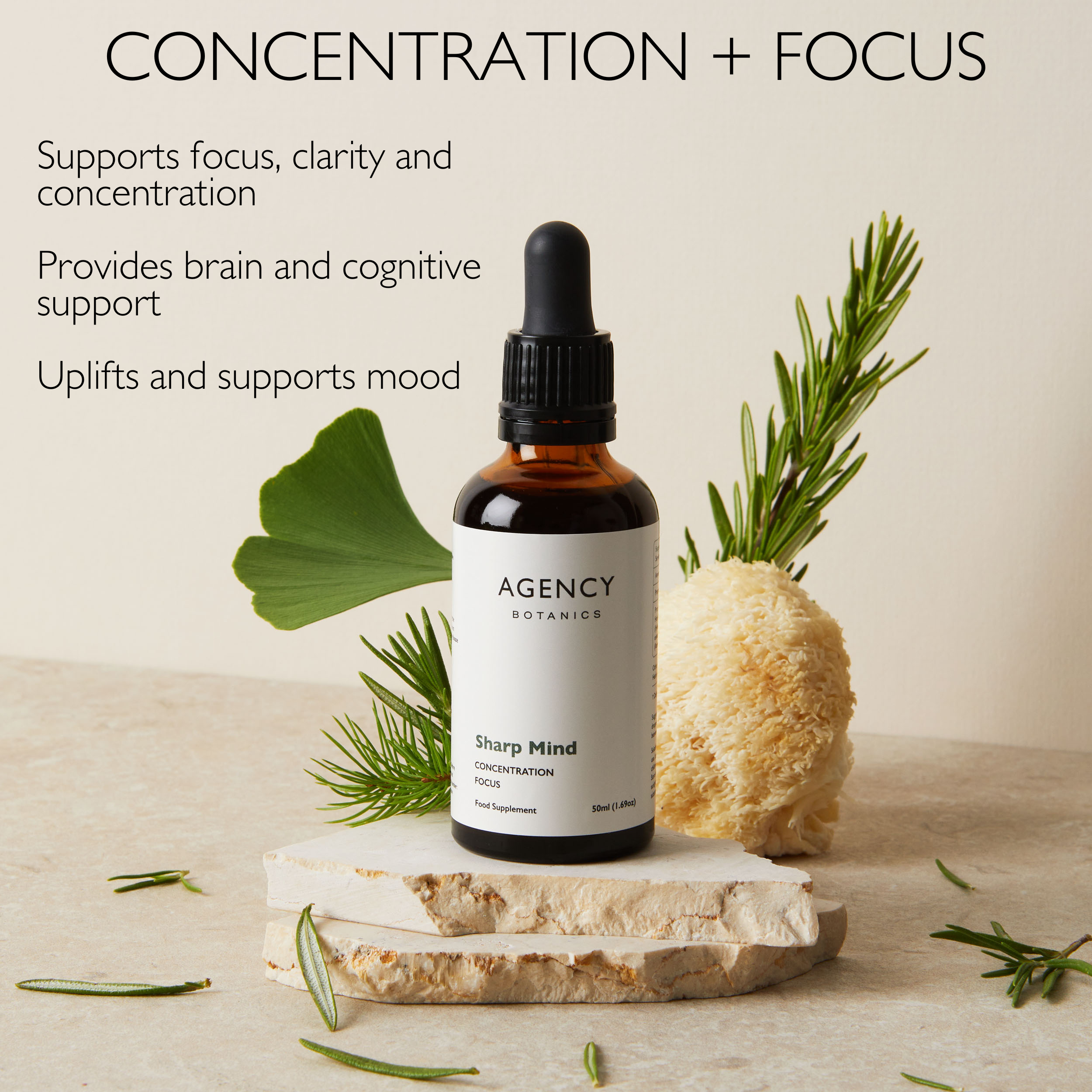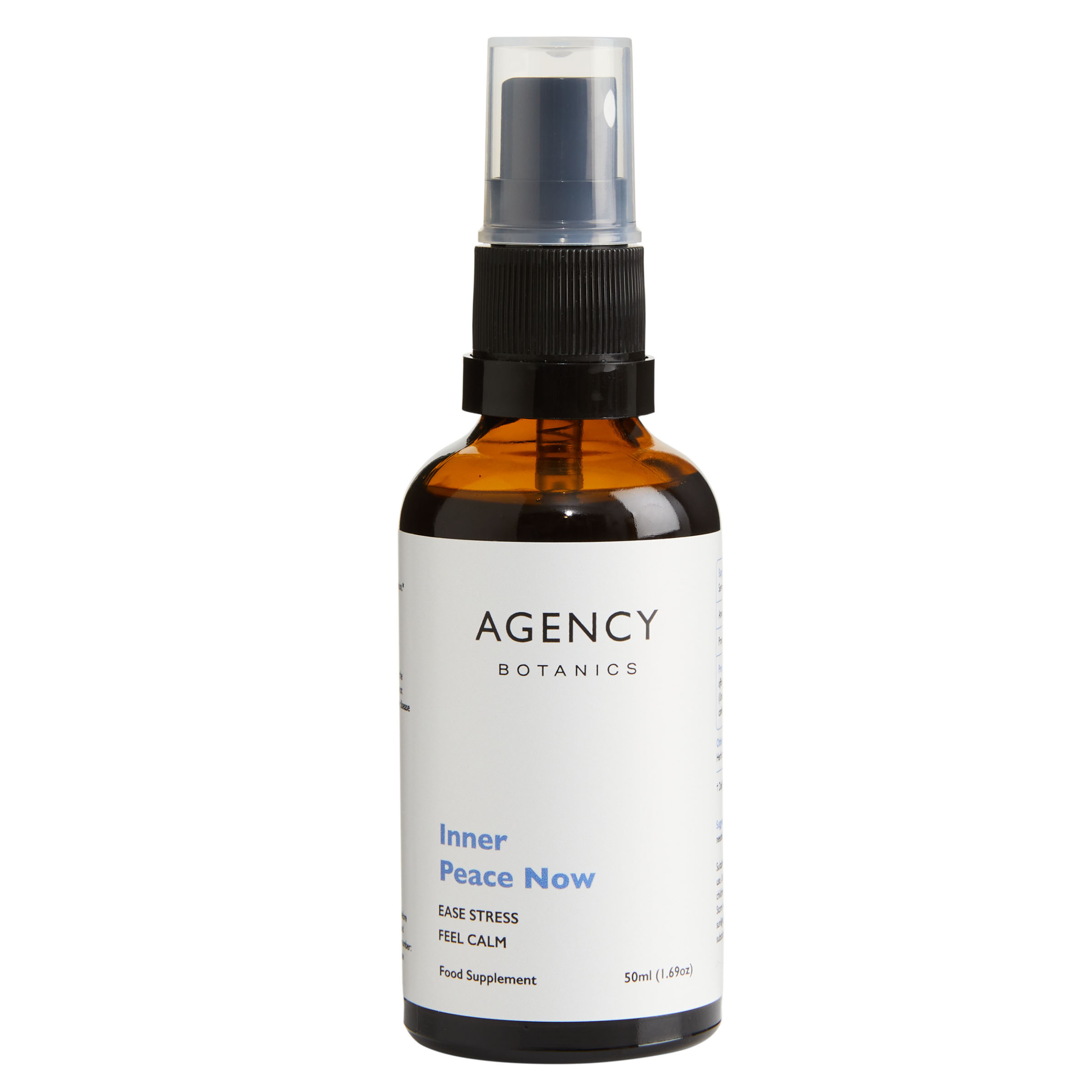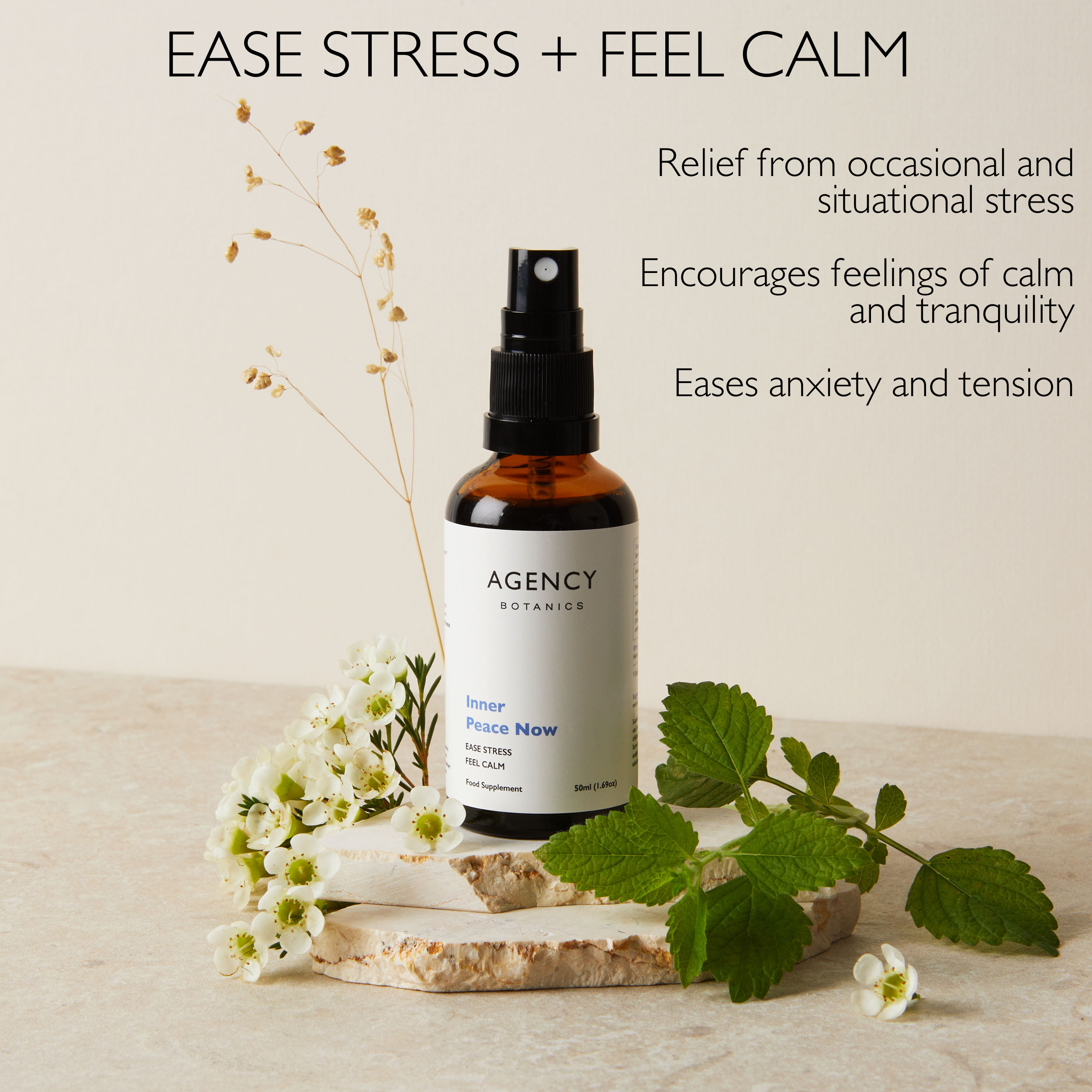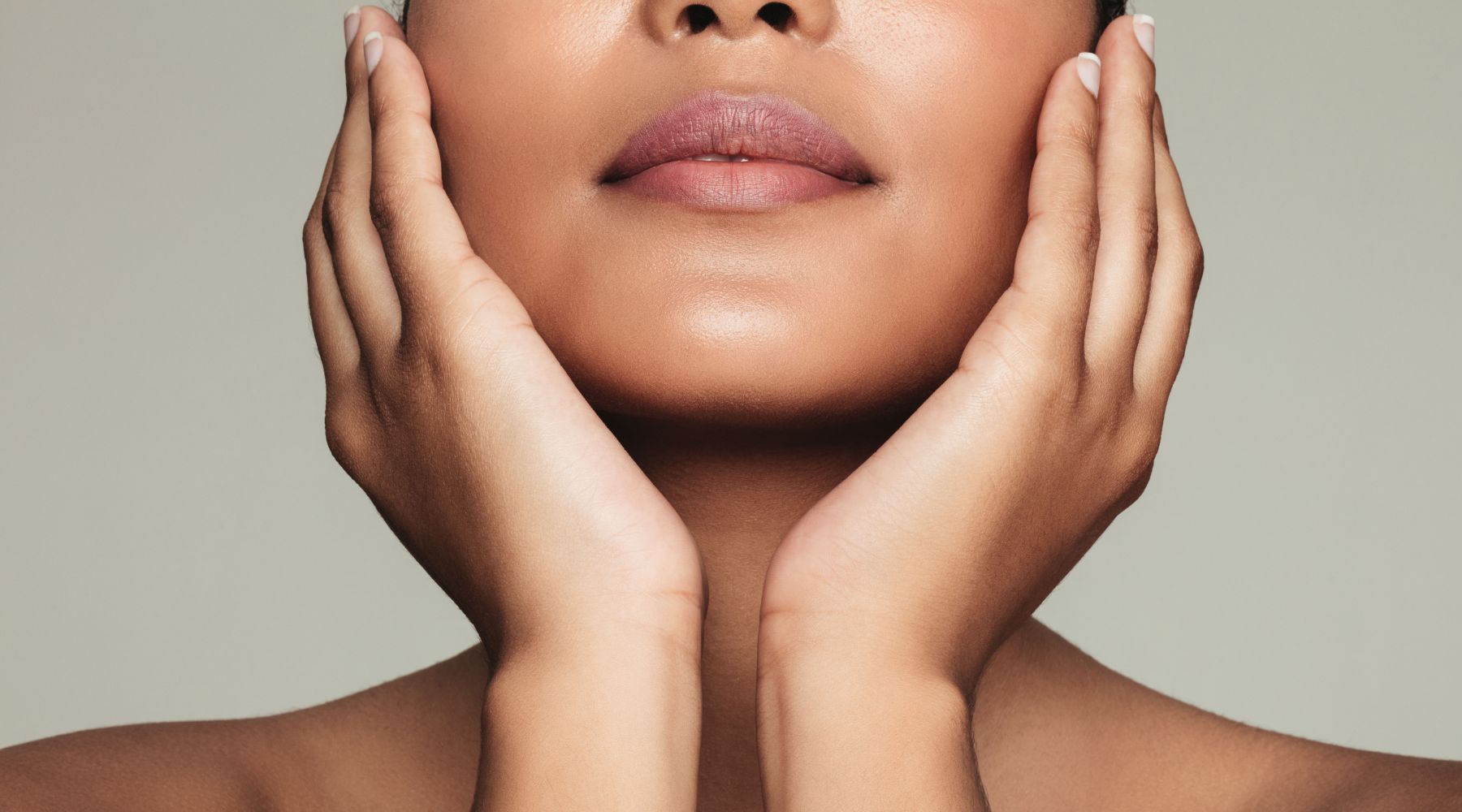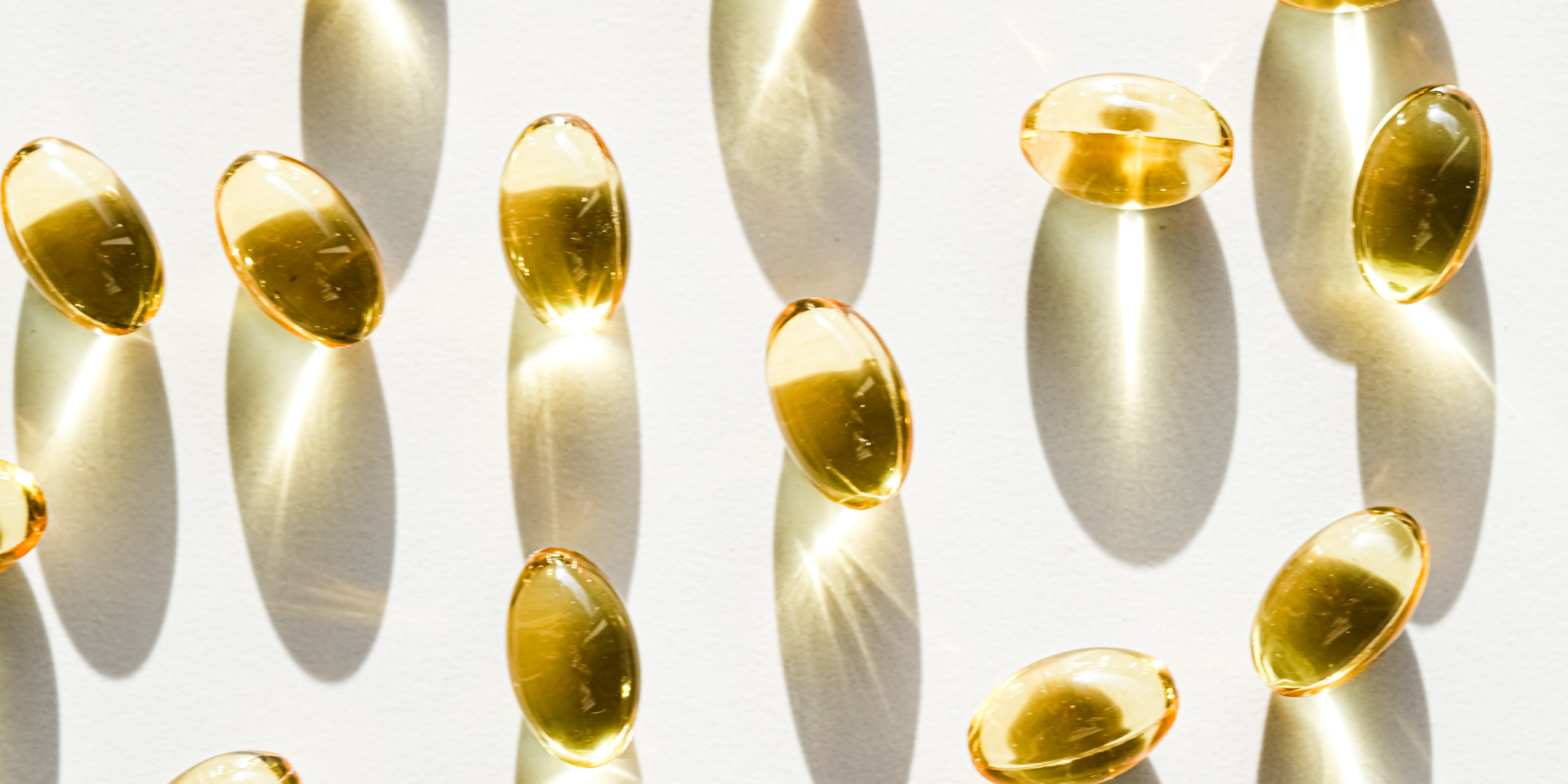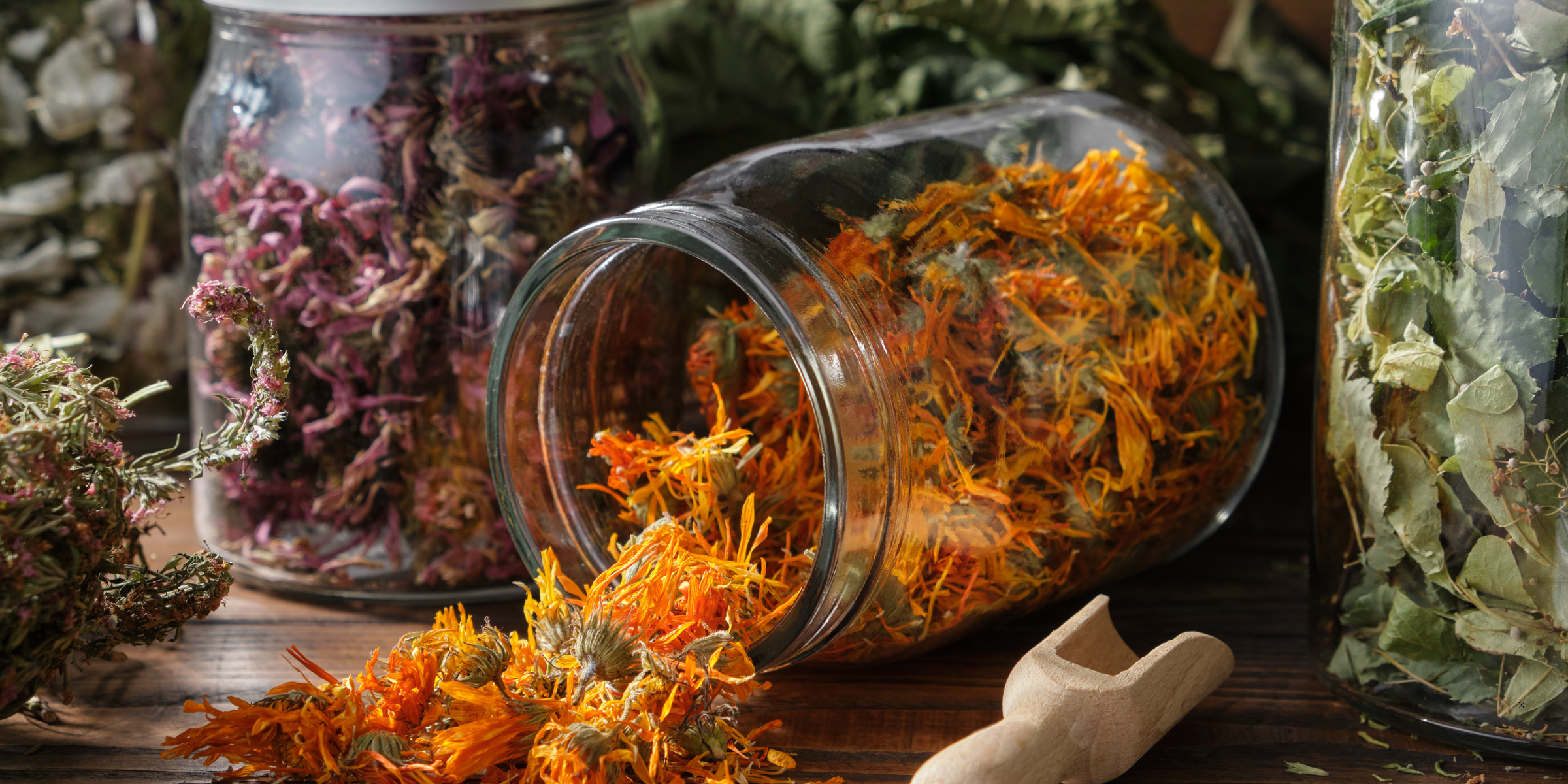
Herbs to help manage stress
In herbalism, there are many herbs that can help manage stress and although adaptogens have gotten all the press in recent years, the nervine group of herbs help restore resilience through calming the mind, releasing muscle tension, and overall nervous system support.
Stress is a normal part of everyday life and it's the job of the adrenals to help the body cope with it. Short-term stress and anxiety, like nerves before a wedding, starting a new job, or public speaking is temporary and the body is equipped to deal with it.
However, chronic stress causes dysregulation of cortisol (the primary stress hormone) and can have many negative implications on physical health. Cortisol is a hormone secreted by the adrenals to help the body deal with short-term, immediate threats. It changes blood sugar levels, alters immune function, suppresses the digestive system, the reproductive system and basically any non-essential processes that won’t help an individual get out of a threatening situation fast.
When a perceived threat has passed, hormone levels return to normal. However, if an individual feels chronically stressed, cortisol and other stress hormone levels never really return to normal. They begin to disrupt the body’s processes for the long term and may cause or exacerbate many serious health problems.
Herbalism treats the whole body and helps the mind, body, and spirit to align. Herbs can be an effective way to manage the symptoms of long-term chronic stress by supporting the nervous system, building stamina, and resilience to stress.
Adaptogens certainly have their place in stress management protocols, but the nervous-system supporting herbs should also be considered because of their benefits on calming an overstimulated nervous system.

Nervine restoratives
This group of plants help to restore our nervous system after periods of long term and chronic stress. These herbs and mushrooms are for people who feel depleted, who are overworked, lacking proper sleep and who have a difficult time winding down after a long day.
Ashwagandha (Withania somnifera)
Oat Straw (Avena sativa)
Oat Straw is used as a nervine and restorative herb that has a gentle and supportive nature. This herb is for people who feel depleted, cold, tired, and disconnected due to pushing too hard. Due to the nutritive and restorative properties of Oat Straw, herbalists recommend the plant in cases of stress and anxiety, particularly when over overworked and rundown.
Reishi (Ganoderma lucidum)
Reishi is a well-known medicinal mushroom with a very long history of use. Reishi’s medicinal properties have general whole-body benefits and are backed by strong scientific evidence. Reishi has antimicrobial, antioxidant, liver protective, blood sugar control, and anti-inflammatory properties. It supports the immune and cardiovascular systems.
In cases of stress and anxiety, Reishi works as an adaptogen, supporting the adrenal glands to help manage chronic stress and fatigue. It alleviates insomnia, especially when the troubled sleep comes from a racing mind that won't turn off.
Ongoing research supports what traditional use has known for centuries: that Reishi has anti-aging properties through benefits as an anti-oxidant, immune modulator and nervous system support.
Lion's Mane (Hericium Erinaceaus)
This medicinal mushroom, which gets its name because it looks like the scruff of a lion, is well established for brain and nerve health. Lion's Mane a nootropic (a substance that promotes the enhancement of cognition and memory) and has anti-inflammatory, antioxidant, immune system, and neuroprotective benefits. Studies show that the mushroom may improve anxiety and depression.
Nervine relaxants
These are remedies that relax, calm, and deeply restore the nervous system. They can often be used throughout the day and generally will not make an individual sleepy, groggy, or low in energy. They are gentle and effective nervous system tonics that can be used throughout the day and over the long term.
Holy Basil (Ocimum sanctum)
Holy Basil is an herb used in Ayurveda where it is consumed as an herbal tea, dried powder or fresh leaf mixed with ghee. The herb is a powerful antidote to the stresses of modern life and is an adaptogen that helps improve the body's response to physical, mental and environmental stress. Studies show that Holy Basil has anti-inflammatory, cardioprotective, and immune benefits; and is recommended for the management of stress due to its relaxant and anti-depressive effects. Holy basil will help uplift a tired mind and clear brain fog while relaxing the nervous system.
Lemon Balm (Melissa officinalis)
This gentle herb is in the mint family and contains rosmarinic acid, which has positive effects on mood and cognition. It has traditionally been taken to reduce restlessness and nervous digestive problems.
Vervain (Verbena officinalis)
Vervain is a nervous system tonic that releases tension, stress, and irritability. It's a good digestive system tonic and indicated for people who suffer from anxiety-related digestive issues. Herbalists recommend Vervain for the stressed and tense workaholic and overachiever.
Chamomile (Matricaria chamomilla)
Chamomile is one of the oldest medicinal herbs known and today is widely used to promote sleep, reduce inflammation, help with digestion, pain, and many other ailments. Chamomile helps individuals with insomnia due to its sedative actions and has been used in the treatment of moderate to severe anxiety disorders.

Nervine sedative and hypnotics
This group of plants generates a much stronger level of relaxation, sedation, and even sleepiness. They are used more in acute situations or on an as-needed basis. As a general rule, their use should be limited during the day because of their sedative properties. However, their effectiveness is largely dependent on their dose.
Passionflower (Passiflora incarnata)
This beautiful plant can be used for nervous tension, restlessness, muscle spasms, irritability, anxiety, and insomnia. The herb is a popular sleep aid that enhances the quality of sleep through its effects on gamma-aminobutyric acid (GABA) receptors in the brain and possibly through reducing the activity of some of the neurons that cause anxiety.
California Poppy (Eschscholzia californica)
This golden-coloured flower from the poppy family is used as a relaxant and sleep aid. California poppy is a cooling nervine for a hot, stressed, agitated, and wired nervous system. It brings a sense of tranquility to the heart and is effective at calming stress and anxiety. The herb is also indicated for those with insomnia and worrisome, repetitive thoughts.
Kava (Piper Methysticum)
Kava is a medicinal plant found in the South Pacific and used for its sedative, euphoriant, and anesthetic, and psychotropic properties. Research shows that Kava is an effective symptomatic treatment for anxiety, stress, and restlessness, through its actions on the gamma-aminobutyric acid (GABA) pathway. Other studies showed Kava to be more effective than placebo in treating generalized anxiety disorder.
Valerian root (Valeriana officinalis)
This well-studied root is used for nervousness and insomnia and contains valerenic acid, which GABA levels in the brain. The root contains over 150 chemical constituents, many of which act on our physiology. Valerian tends to work better after a few weeks of use. Many people do not like the taste or the smell of this herb and prefer to take it as a capsule.
Skullcap (Scutellaria lateriflora)
This is an herb native to North America and is used for anxiety, muscle tension, and restlessness. It can be used long-term for nervous tension or nervous exhaustion. Due to its antispasmodic properties, the skullcap can be used for muscle tension and is particularly useful for women with premenstrual related anxiety or tension.
When managing whole body conditions like stress, herbs need to be combined with lifestyle factors such as quality sleep, exercise, diet, breathing exercises, mindfulness techniques, talking to a friend, family member or therapist.

Agency Botanics and its materials are not intended to treat, diagnose, cure or prevent any disease. All materials are provided for educational purposes only. Always seek the advice of your physician or another qualified healthcare provider for any questions regarding a medical condition, and before undertaking any diet, exercise, or other health-related programs.

